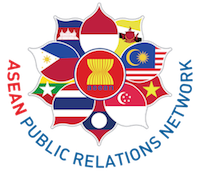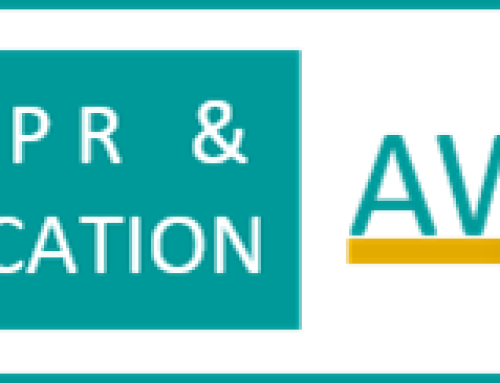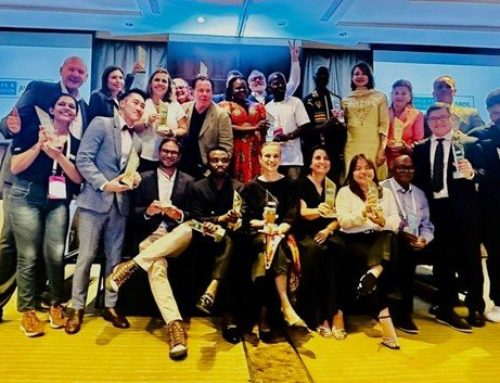Silvia Arto, Global Alliance: On the occasion of the health and well-being month of the Global Alliance for Public Relations & Communication Management, I would like to focus on 3 notions that, for me, contribute to maintaining the well-being and therefore the performance of our teams. Particularly at a time of the profound transformation that is shaking up our companies in general, and our communication businesses in particular.
- Individual well-being is the basis of collective well-being
I believe that individual well-being begins with clarity of role, mission and objectives. Team members must be clear about what is expected of them. Secondly, they must be able to do this autonomously and have the appropriate means to do so. Good delegation, follow-up and support from the manager are therefore indispensable.
Maintaining a good balance between professional and personal time also seems important to me. All the more so with remote working now omnipresent. One of the keys is not to let yourself be overwhelmed by your professional schedule by integrating a few simple practices: preparation and management of your calendar integrating professional and personal constraints, meetings and emails during working hours, the right to disconnect, quality of sleep, food, regular practice of sport… while of course being flexible and realistic.
This individual well-being is reinforced by the good relations existing within the team, with the manager and with team mates. If the employee feels recognized not only for their competence and expertise but also as a whole, as a human being, then they can freely express their differences, enabling them to fully contribute to the team.
I believe that the manager gains in collective commitment and efficiency when he/she constantly dialogues with his/her team members to accompany them in their projects, their evolution, their difficulties, their cooperation with others and in the expression of their talent.
- Collective well-being is a manager’s responsibility, which becomes everyone’s responsibility.
The quality of a team’s well-being depends, in my opinion, on the quality of the relationships between its members and their ability to act and express themselves without fear of making mistakes or being judged. It is the manager’s responsibility to create a safe environment within the team where, for example, language is factual, based on the observation of facts and non-judgmental.
Employees then feel at ease in the team and develop their trust, which is an essential condition for transparent exchanges, daring to take risks and helping each other in the face of difficulties.
If this dynamic is well established, employees will want to maintain it. They will enjoy exchanging, collaborating and building things together. The well-being of all naturally becomes a collective responsibility. Everyone feels a key contributor to it and responsible for maintaining it in the team.
A team with a healthy collective dynamic is a source of motivation and pride for its members and a lever of attraction for new candidates.
- The well-being of the team is the basis for sustainable performance.
In my opinion, a team that doesn’t evolve is doomed to disappear. It has not developed its capacity to adapt to changes in the environment. Here again, it is the manager’s responsibility to take the initiative.
In order to evolve, one must first have a clear idea of the starting point and the point of arrival. First, decide to move forward and then, carry it out. Go, do, test, fail and start again. It is in action that the team progresses by co-creating the path and not in theory or grand speeches.
Then the manager can evaluate the team’s progress with regular feedback within the team on what worked well and what didn’t, and implement the learnings. Regular feedback on the way of working helps to encourage positive behaviors and adjust or limit negative ones.
In a framework of mutual trust, the ultimate stage in the evolution of a team seems to me to be reached when members collectively express their individual and collective vulnerability, in order to find solutions together by practicing test & learn on a permanent basis. This is where the team’s creativity, agility and performance are multiplied.
Continuous learning in the team, as in all areas, is essential to be able to anticipate, adapt and grow in a context of constant change.
The more I evolve in my managerial practice, the more I discover new things to do, practices to test out, ideas to implement. Learning never stops. And that is what I find stimulating.
I would like to thank my teams for their support, understanding and unwavering commitment to our dynamic of continuous collective progress.
Original posted: https://www.globalalliancepr.org/thoughts/2020/9/21/team-well-being-a-trigger-for-commitment-and-performance






